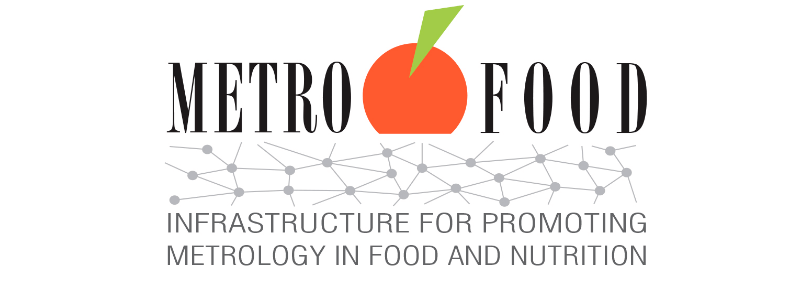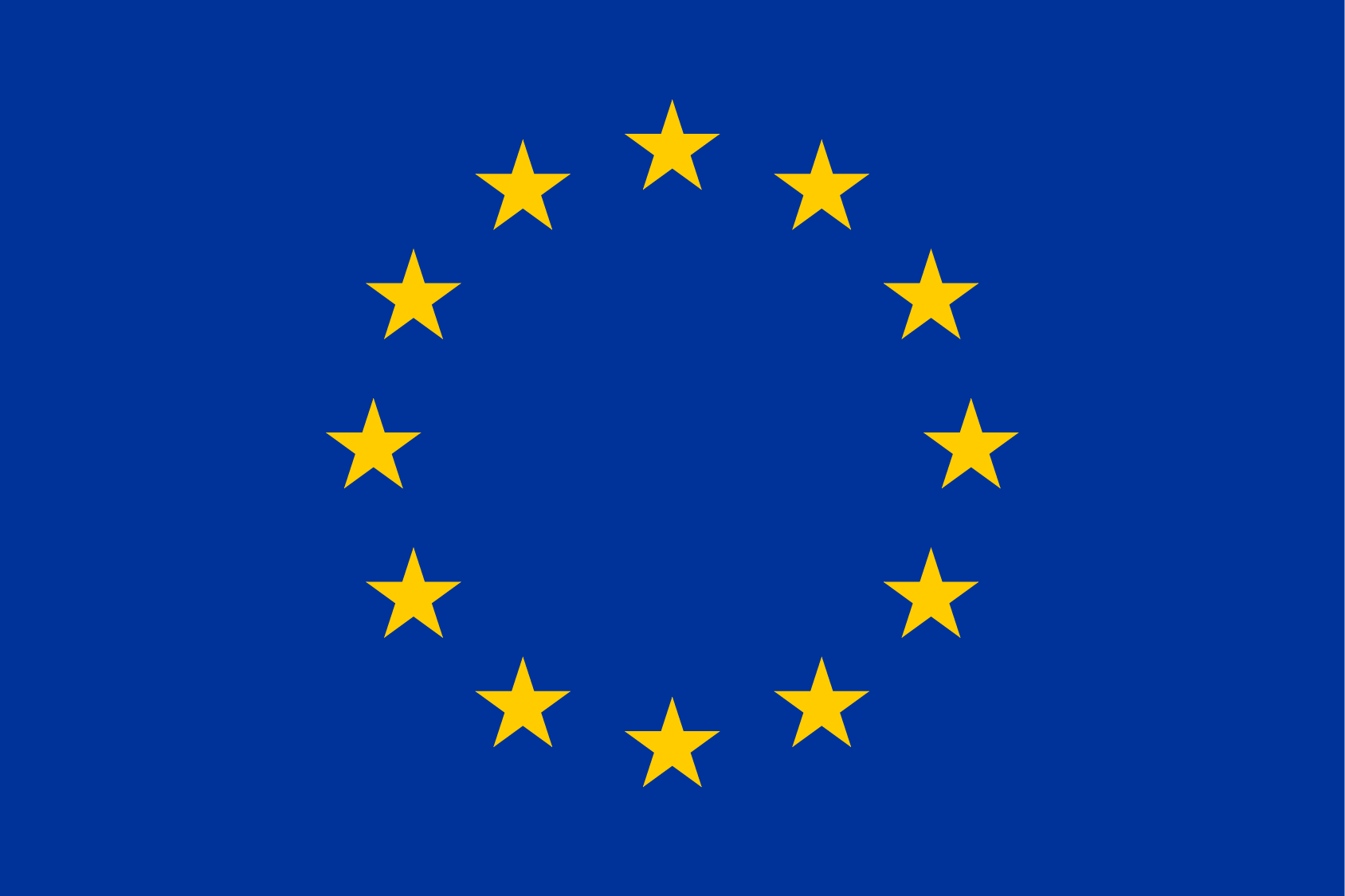Milestones
The three use cases to be implemented in the frame of WP8 for service provision, along with WP12 for impact assessment and WP14 for user engagement, has been defined. The services cover physical, remote and virtual-wide access and are addressed to different categories of users. Details have been defined also for the time scheduling to launch the open calls for transnational access, realise the access and practically provide the services, and then evaluate them. Such an organisation and scheduling has been unanimously approved by the Management Committee during a telco MC meeting on the 24th of March 2020.
The management principles for METROFOOD-RI were studied and discussed among the Beneficiaries, the Management Committee and particularly the leaders of the interested WPs (WP4 and WP9, along with WP2). The basic principles for management refer to IPR, dissemination, data management, procurement, access, human resources, quality & security management. Such management principles have been unanimously approved by the Management Committee during the 1st Project Progress Meeting on the 11th of may 2020.
The criteria for service provision were studied and discussed among the Beneficiaries, the Management Committee and particularly the task leaders of WP8. The basic principles include: most commonly available services, main target users, European agenda, sustainability, innovation, complementarity, added value, market position. Such criteria have been discussed by the Management Committee during the 1st Project Progress Meeting on the 11th of may 2020 and then further stressed during the dedicated internal meeting on Wednesday 25 May.
The management principles and proposed schemes for the governance structure during the 2nd Interim Phase and for the ERIC were discussed and voted by the Consortium Assembly during the 1st CA meeting on the 5th of Nov., collecting one vote per Beneficiary (the vote of the PI or a proxy).
e Management Committee approved with qualified majority vote the principles and methodologies for cost book update and financial plan development during the restricted meeting which took place on the 5th of Nov. via telco.
The Management Committee unanimously approved the data management principles and Data Management Plan during the restricted meeting which took place on the 5th of Nov. via telco.
Featured
The SWOT analysis was updated identifying/refining the definition of METROFOOD-RI’s Strengths, Weaknesses, Opportunities, and Threats; furthermore TOWS action plans were proposed considering "strengths to maximise opportunities", "strengths to minimise threats", "minimisation of weaknesses by taking advantages from opportunities, "minimisation of weakness avoiding threats".
Featured
The “user database” has been implemented in two different versions for evaluation and testing. The first version was an own implementation and contains over 800 entries of potential external users/stakeholders and is available at: matsci.chem.u-szeged.hu/mfdb (a dedicated report describing the system has been made available to the partners via the password protected area of the website).
Featured
The technical concepts and requirements of the facilities included in the physical component of METROFOOD-RI, for what concerns both the “Metro” and the “Food side” have been defined, respectively considering: “(i) Plants for RM preparation/production, (ii) Analytical Labs, (iii) facilities for primary production, and (iv) facilities for food processing and kitchen-labs.
Featured
The relevant management bodies associated to the governance structure of METROFOOD-ERIC have been finally defined and approved, covering the decision and executive levels, and specifying the linkages with the operative level.
Featured
The templates of the contracts were unanimously approved during the 2nd project progress meeting as follows: MoU for the Interim Phase in its (pre)final version under approval from the IMG; ERIC statutes as prepared by the ENEA legal office and the Italian representative in the IMG and under discussion withing the IMG;
Featured
With the purpose to define the scientific agenda of METROFOOD-RI, as necessary preliminary step, the demands on the EU and global agrifood sector and food regulation have been analysed in depth, thus defining relevant research needs and main scientific and technological developments (See D10.2).




